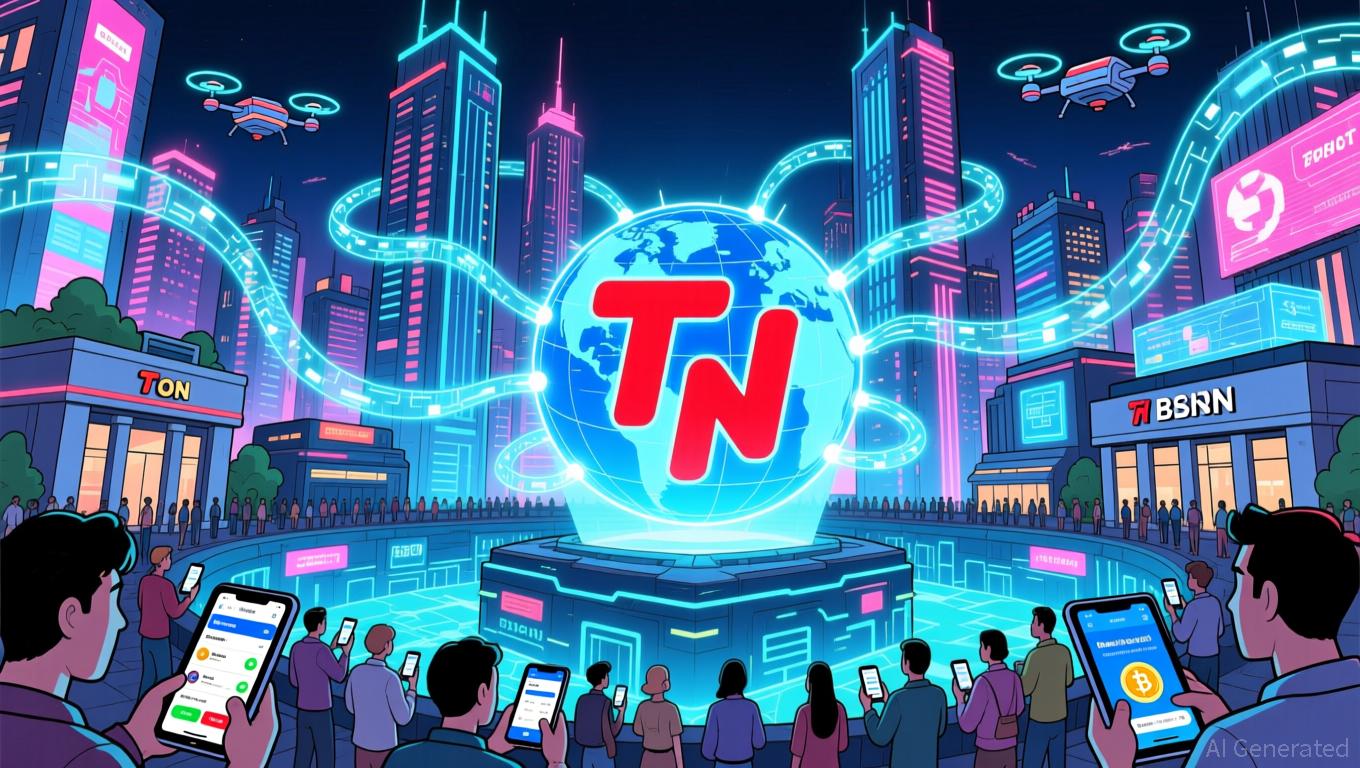Can Quantum Computers Break Crypto? Here's The Truth...
The question “Can quantum computers break crypto?” has become one of the most searched concerns in the blockchain space. As Bitcoin grows larger and global adoption accelerates, many investors worry that advanced supercomputers may eventually crack encryption and destroy blockchain security.
In this article, we break down what supercomputers actually are, how cryptocurrencies work behind the scenes, and whether quantum technology will truly become a threat in the coming years.
What Are Supercomputers?
Supercomputers are extremely powerful machines built to solve calculations far beyond the capabilities of normal computers.
They:
- Perform billions to trillions of operations per second
- Are used in scientific research, simulations, AI training, climate models
- Stack thousands of CPUs and GPUs to work in parallel
A quantum computer , however, is not just a stronger supercomputer. It uses quantum bits (qubits), which can be 0 and 1 at the same time—allowing exponential speed-ups in certain tasks.
In simple terms:
A normal computer checks one possibility at a time.
A quantum computer checks millions, even billions, simultaneously.
How Does Crypto Encryption Work?
Cryptocurrencies like Bitcoin rely on two major forms of cryptography:
1. Public–Private Key Encryption
Every wallet has a public address and a private key generated through extremely complex math.
Breaking it would require computing 2^256 possibilities.
Even today’s strongest supercomputers would need trillions of years.
2. Hashing Algorithms
Bitcoin uses SHA-256, a cryptographic hashing function designed to be one-way and impossible to reverse.
3. Digital Signatures
Bitcoin relies on ECDSA (Elliptic Curve Digital Signature Algorithm).
This is the part quantum computers might target one day.
Can Quantum Computers Break Bitcoin or Crypto?
Here are the facts:
✔ Today: No quantum computer on Earth can break Bitcoin.
The strongest quantum machines have under 1,500 stable qubits—far below the millions needed to break SHA-256 or ECDSA.
✔ Near Future (5–10 years): Very unlikely.
Experts estimate you would need:
- ~317 million qubits to break SHA-256
- ~1.9 billion qubits to break ECDSA within minutes
Current quantum hardware has error rates too high, qubits too unstable, and no ability to scale to these numbers. Even the most optimistic predictions place such machines decades away—not years.
✔ Long Term (20+ years): Possibly, but crypto can upgrade.
Even if future quantum computers eventually become powerful enough, blockchains can:
- Upgrade to quantum-resistant algorithms
- Switch to post-quantum cryptography
- Implement quantum-secure wallets
NIST (the U.S. cybersecurity agency) is already standardizing quantum-proof algorithms today.
Why People Speculate That “Quantum Will Break Bitcoin Soon”
Some analysts warn that quantum machines may evolve faster than expected.
The panic usually comes from:
- Headlines about “quantum breakthroughs”
- Tech CEOs claiming quantum supremacy
- Misunderstanding what breaking encryption actually requires
But no scientific evidence suggests quantum computers will reach the required scale in the next few years.
Even Vitalik Buterin and leading cryptographers agree:
Current concerns are overblown and speculative.
Will Quantum Computers Break Crypto in the Future?
Here’s the realistic outlook:
Short-term (0–5 years):
❌ Impossible. No threat.
Medium-term (5–15 years):
⚠️ Still unlikely.
Long-term (15–30 years):
✔ Potential, but blockchains will upgrade long before encryption becomes vulnerable.
Crypto is not static. $Bitcoin developers have discussed post-quantum soft forks for years.
Disclaimer: The content of this article solely reflects the author's opinion and does not represent the platform in any capacity. This article is not intended to serve as a reference for making investment decisions.
You may also like
Ethereum Updates Today: Long-Term Investors Increase Holdings Amid Price Decline: Crypto Market Faces Growing Uncertainty
- Bitcoin and Ethereum face bearish pressure as ETF outflows persist, with Bitcoin near $95,000 and Ethereum below $3,200. - Institutional players like BitMine and FG Nexus adjust strategies amid declining hash prices and liquidity concerns. - Technical indicators like Bitcoin’s death cross and Ethereum’s oversold RSI signal prolonged weakness, with JPMorgan warning of risks for MSTR . - Coinbase’s D'Agostino sees the selloff as a buying opportunity for long-term holders, though structural buyer accumulati

Bitcoin Updates: Nvidia’s Surge in AI Drives Bitcoin Price Swings Amid Growing Concerns of a Market Bubble
- Nvidia's Q3 revenue hit $57.01B, driven by $51.2B in AI-focused data center sales, fueling Bitcoin's initial rebound above $91,000. - Bitcoin later fell to $86,400 amid AI bubble fears, mirroring 2025's pattern as analysts link its volatility to macroeconomic anxieties and overvaluation concerns. - CEO Huang highlighted sustained demand for Blackwell architecture, while regulators and investors warned of systemic risks from AI's rapid adoption and market fragility. - Bitcoin's 92% correlation with Nasdaq

Institutional integration and the Telegram network establish TON as the emerging benchmark in cryptocurrency
- TON (Telegram-integrated blockchain) gains traction as Coinbase expands $TON trading, boosting institutional adoption and liquidity. - TON Strategy Company (NASDAQ: TONX) reports $588.2M in digital assets, underscoring confidence in the token's long-term utility. - Analysts highlight TON's Telegram-driven ecosystem (1B+ users) and partnerships as key advantages over slowing projects like Chainlink (LINK). - Coinbase's Brazil DeFi expansion and stablecoin integration reinforce TON's positioning as a "glob

CBO reduces Trump tariff deficit by $1 trillion amid legislative disputes regarding rebate proposals
- CBO revised Trump-era tariff deficit savings downward by $1 trillion to $3 trillion through 2035, citing policy shifts like China-EU-Japan tariff cuts. - Legal challenges question Trump's executive authority on tariffs, with courts ruling against overreach while Supreme Court reviews cases. - Political clashes persist over $2,000 "tariff rebate" proposals, with Republicans prioritizing debt reduction over direct payments. - Economic analysis shows mixed impacts: short-term deficit reduction but uncertain

